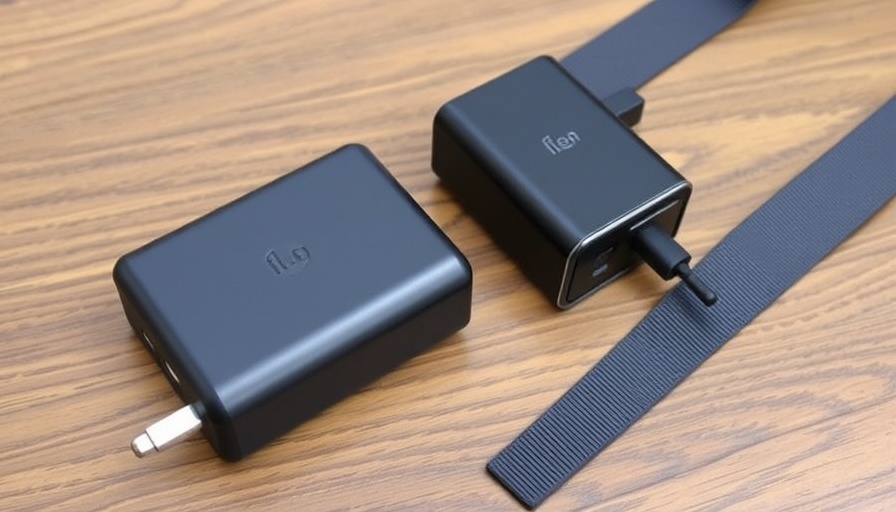
Why Every Home Should Prioritize Data Backup
In today’s digital age, data loss is more than just a technical mishap; it can disrupt our personal and professional lives significantly. Statistics indicate that a staggering 70% of home users have faced data loss at least once, with the causes ranging from accidental deletions to hardware failures and even unforeseen natural disasters. With such a high risk, implementing a robust data backup plan is not just advisable; it’s essential.
Understanding Your Backup Options
When considering a home data backup solution, it’s crucial to explore the three primary options available: local, cloud, and hybrid solutions. Each has its unique advantages that cater to different needs.
Local Backup Solutions: Simplicity at Your Doorstep
Local backup solutions are often the simplest and most straightforward choice. They do not require any internet access and involve purchasing storage hardware, such as external hard drives or NAS (Network Attached Storage) units. An external USB drive can suffice for most users who need to back up a single device, while a NAS offers the flexibility to manage multiple devices on a home network.
For those considering a more tailored option, resources like HomeTechHacker’s NAS technology advisor can assist in selecting a device that fits specific requirements, ensuring an ideal setup.
Cloud Backup Solutions: Security Beyond Your Walls
On the other end of the spectrum, cloud backup solutions offer the vital advantage of off-site storage. This means that even if your physical devices succumb to damage, your data remains secure in the cloud. Services like Backblaze and IDrive are designed for seamless data protection, automatically operating in the background for a hassle-free experience. While cloud storage services, such as Google Drive or Dropbox, can provide some level of protection, they should complement dedicated backup solutions rather than serve as the sole defense against data loss.
Hybrid Backup: The Best of Both Worlds
If you want the efficiency of local backups with the extra security of cloud storage, hybrid solutions are your best bet. A hybrid backup strategy combines the immediate accessibility of local storage with the reliability of cloud backups. This dual layer of protection helps to mitigate risks, ensuring your data is safeguarded on multiple fronts.
Key Takeaways: What You Can Do Today
To take control of your data protection, consider these actionable insights:
- Evaluate what data is most critical for your life and make a plan to back it up immediately.
- Choose a primary backup option (local or cloud) based on your lifestyle and needs, then complement it with secondary solutions for redundancy.
- Explore automated backup solutions to minimize the risk of forgetting this crucial task.
- Stay informed about trends in data storage and backup technologies to ensure your system remains effective as new solutions become available.
The Emotional Value of Data Security
The photographs of cherished memories, critical documents, and irreplaceable files make our data immensely valuable. Bearing this in mind, losing such information can lead to feelings of frustration and helplessness. However, leveraging effective backup solutions not only secures data but also provides peace of mind, allowing you to focus on what matters most in life.
Don’t Leave Your Data to Chance
Ultimately, the importance of a well-structured home data backup solution can't be overstated. By being proactive, understanding your options, and implementing a reliable backup strategy today, you can protect yourself against unexpected data losses in the future. Investing in data backup is investing in peace of mind.
 Add Row
Add Row  Add
Add 




Write A Comment